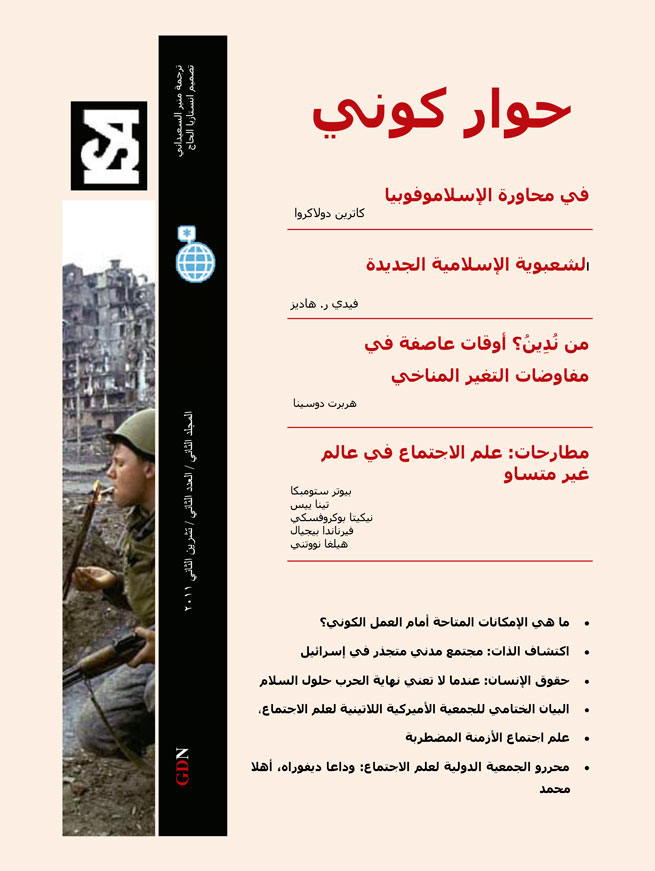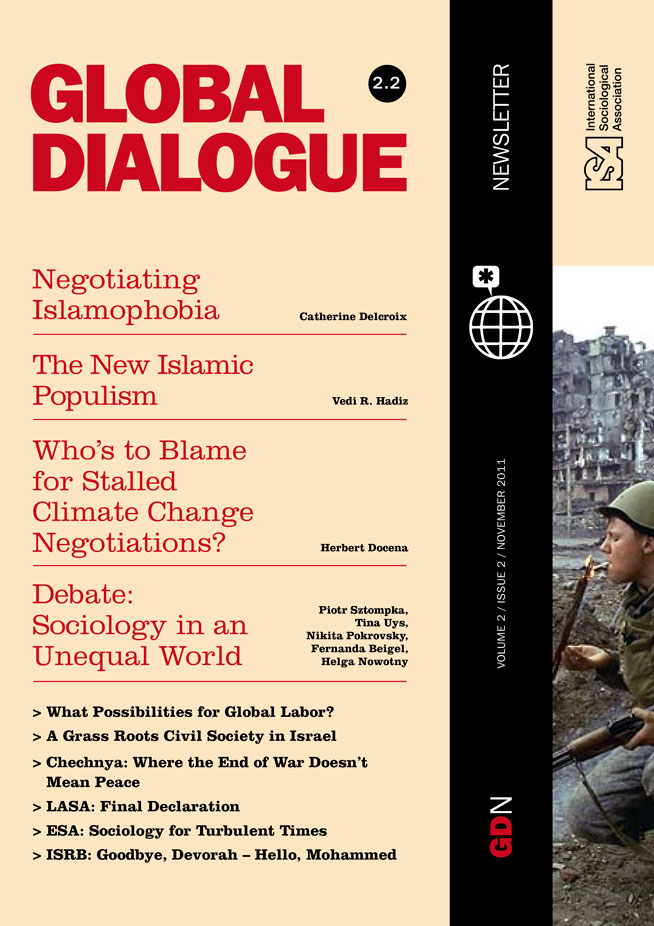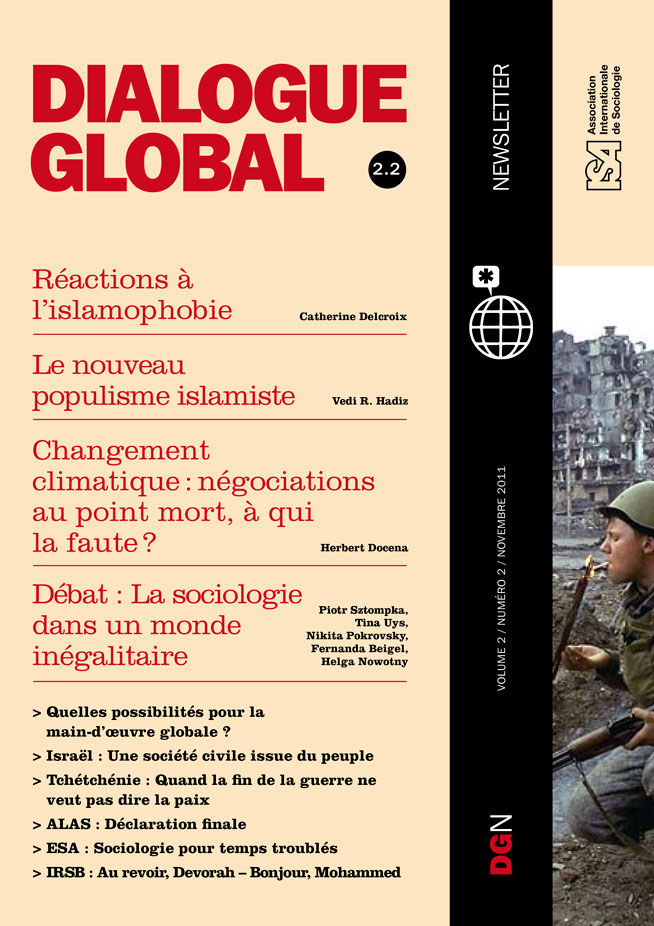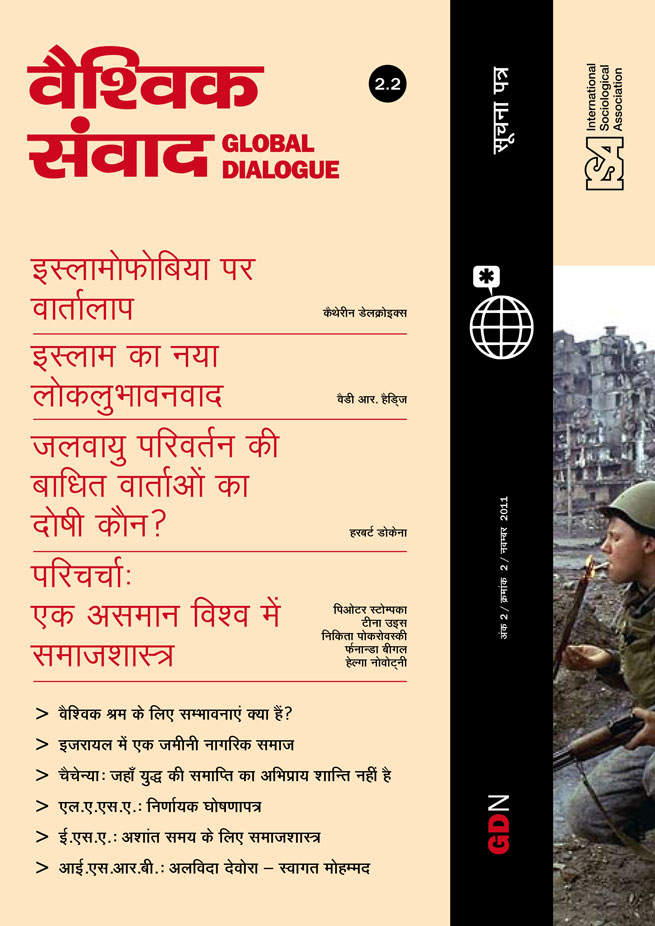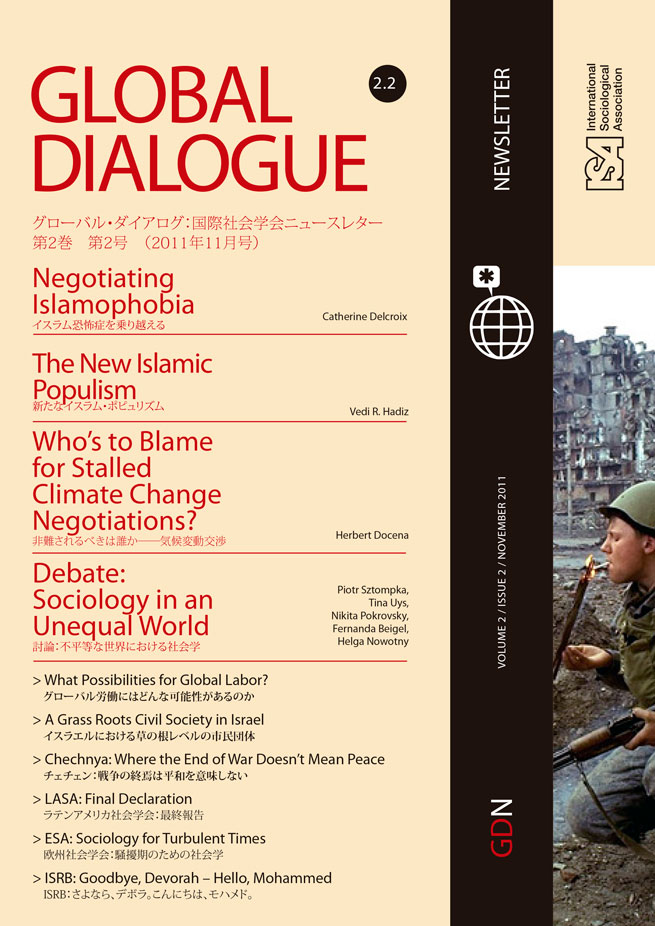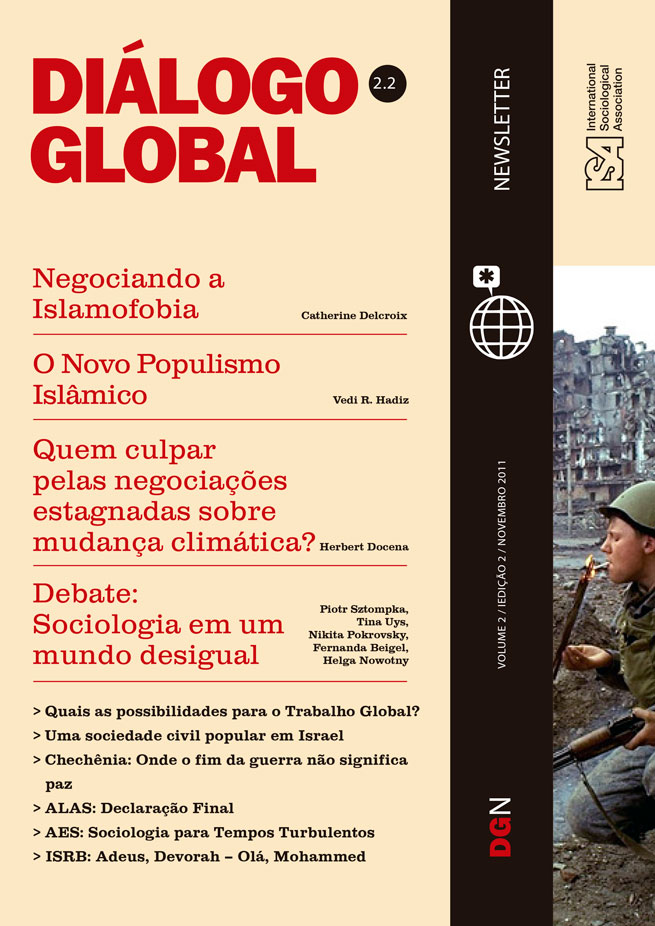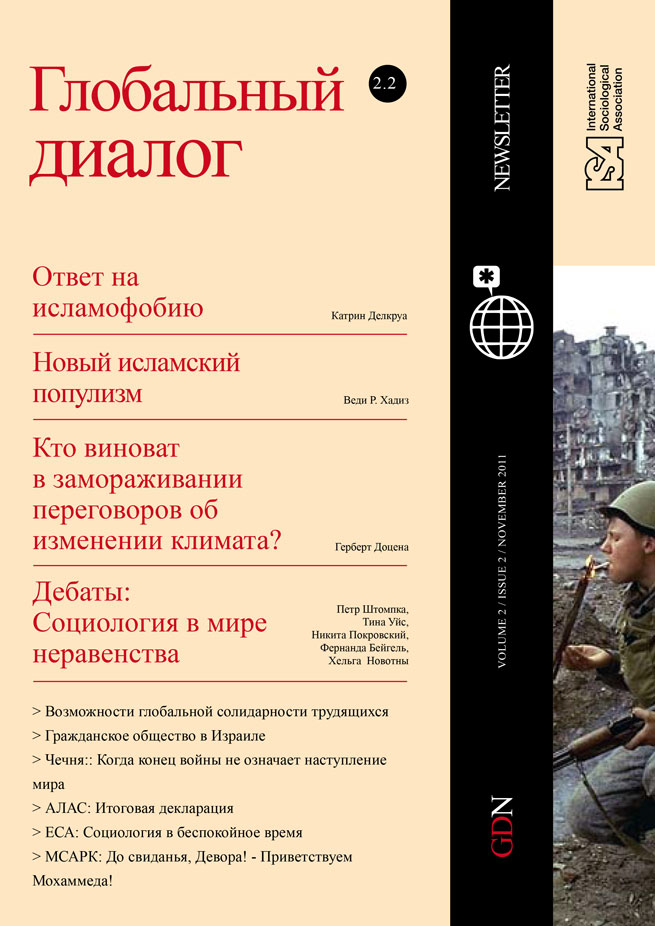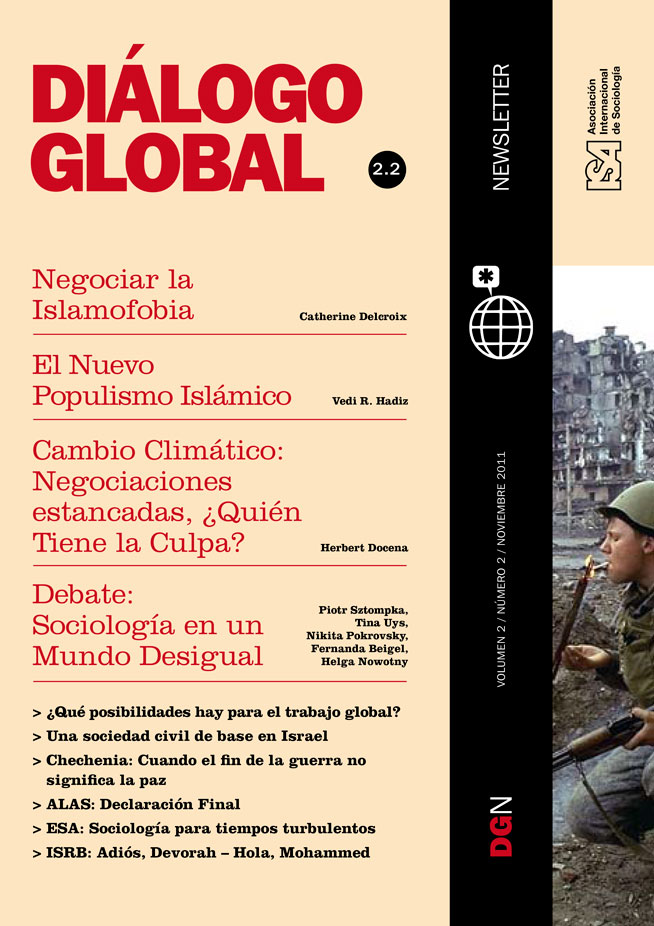‘Patient Denied Hospitalization’ or ‘In Defence of Sociology’
November 19, 2011
After spending many years in the field of professional and international sociology I have a strong feeling that in today’s world the future of sociology is seriously endangered. Its destiny is more uncertain and our professional ranks more dispersed than ever before. I will try to rationalize my inner feelings and intuitions. “Do we really need to defend sociology? From whom? Why now?” I often ask myself these questions regarding both Russia, my home country, and the international scene. I hate to sound pessimistic but I have to. There are, in my opinion, critical external risks to sociology as well as threats coming from within our own professional group.
The menace from outside
The external dangers consist of one main threat. To put it straightforwardly, in today’s world sociology is fast losing its influence and authority. Neither power structures (above all the state and business) nor the populace are very interested in what we would call ‘rational diagnosis’ of the clinical condition of the social. Instead, various irrational forces take the lead. Old and newly invented forms of religion, social mythology, ideology and mass blindness prevail almost everywhere. These forces have pushed aside rationality without difficulty, even in the social sciences. Under such conditions the sphere of rationalistic and scholarly sociology is greatly diminishing. In my opinion, the light of reason is the only foundation upon which the power and capacity of sociology rest. We sociologists can provide societies with a diagnosis. But increasingly it seems that the ‘clients’ or ‘patients’, i.e. our societies, choose to refuse hospitalization. Our societies feel rather good without sociological diagnosis despite the fact that the condition of the ‘patient’ is really critical in many cases. In other words, sociology’s external danger stems from society’s denial of rational and scientifically-based analysis of the present situation. Indeed, this is a case of ‘patient denied hospitalization’.
The menace from within
No wonder that internal threats to sociology also exist, and these are related to the external one. Since many sociologists and sociological communities see that their social role and public significance are increasingly declining, they have decided to turn sociology into a ‘social force’, a sort of broad social movement for a better society. From the perspective of this concept of sociology, issues of scholarship and higher learning are moved into the remote background and the agenda of sociology as a public service is emphasized. ‘Sociologists have hitherto only interpreted the world in various ways; the point is to change it.’ This well-known slogan of Marx, slightly re-worded, is, in fact, the motto of those who try today to change the world long before we are able to understand and interpret it in a scholarly way. For such sociologists action precedes knowledge. Can we agree with this? I cannot. Simply because in this country, Russia, we know well, from the previous history beginning in 1917, what it means to radically reconstruct society before undertaking an analysis.
What we should (and should not) do
I am convinced that the place of the sociologist is not on the public/political barricades whilst he or she wears the white robe of a scientist. Of course, a sociologist may at any time become a social and political worrier for any public goal. However, that would immediately deprive them of the right to represent the science of sociology. We are not supposed to take part in the treatment (as distinct from the analysis) of society. There are many social institutions whose main task is to carry out that treatment: the state, political sphere, public organizations and movements, the press, public opinion, etc. Anyone familiar with the clinical process knows very well that the role of diagnosis is immense, and the final success of the treatment depends utterly on its accuracy and correctness. But diagnosis cannot and should not be mixed up with treatment. They belong to different spheres of expertise. Yes, we can and should contribute to changing the world by maintaining our professional scholarly objectives and also by increasing sociological culture and awareness within our societies through education and mass media. This alone is the ‘public mission of sociology’. Otherwise we would be inclined to become blind guides leading the blind.
By saying this I am strongly supporting the ten theses of Piotr Sztompka in defense of sociology. The science of sociology for him as for myself is primarily and predominantly scholarship and professional excellence. Everything else is much more questionable.
Nikita Pokrovsky, State University-Higher School of Economics, Moscow, President of the Society of Professional Sociologists, Russia, Member of the ISA Executive Committee

